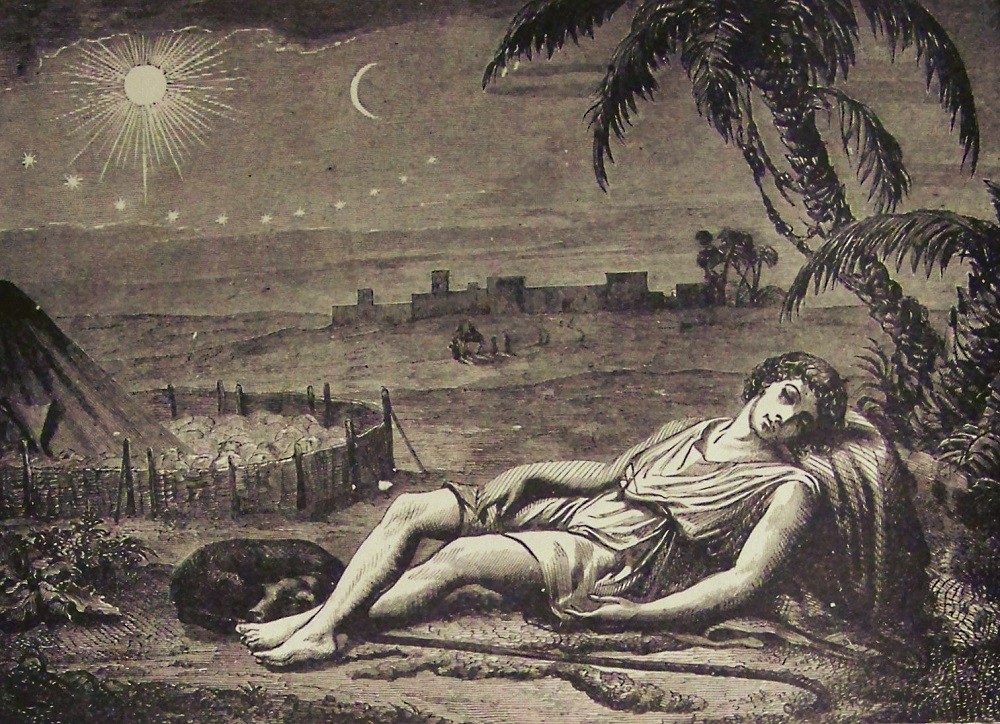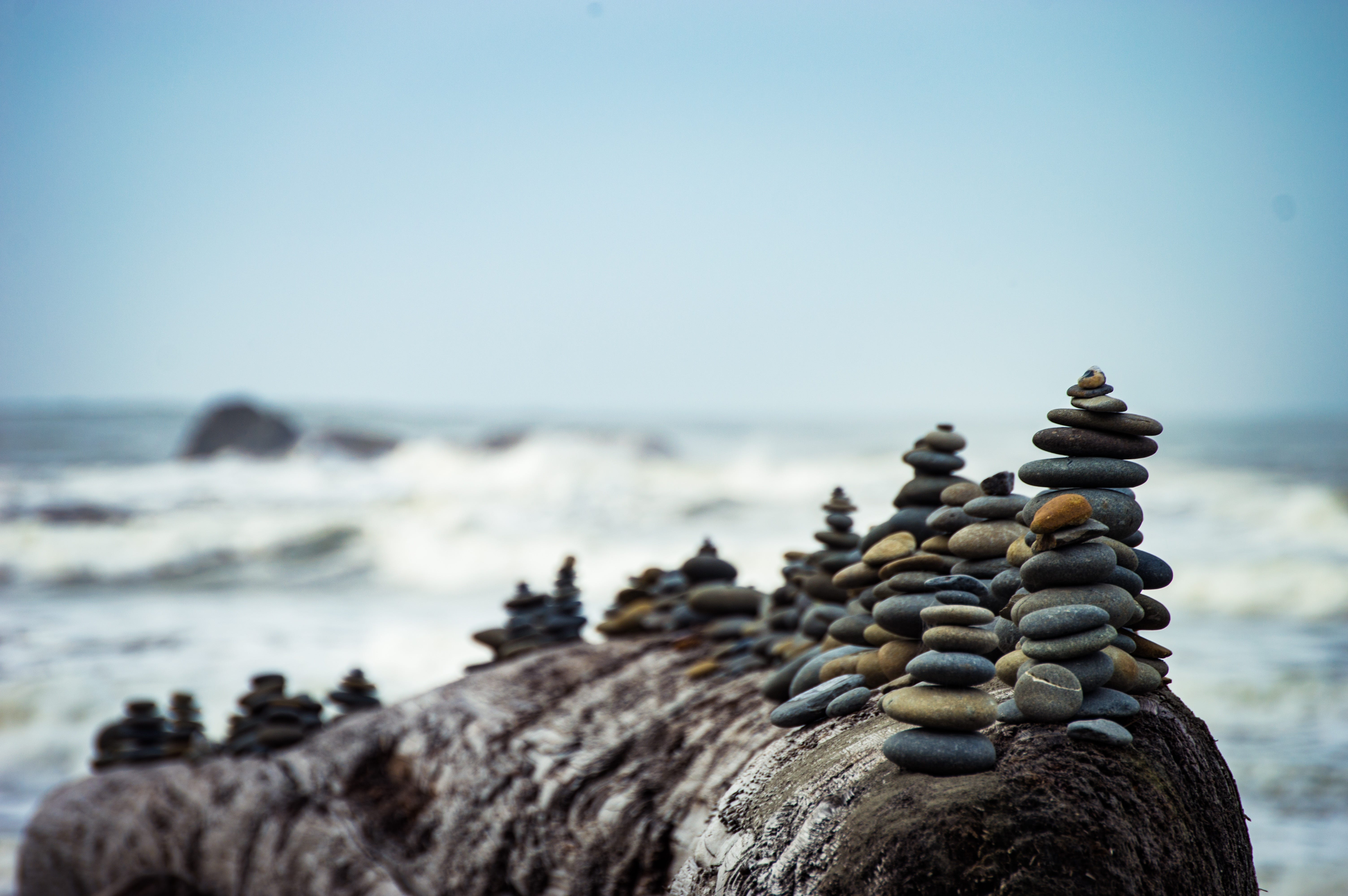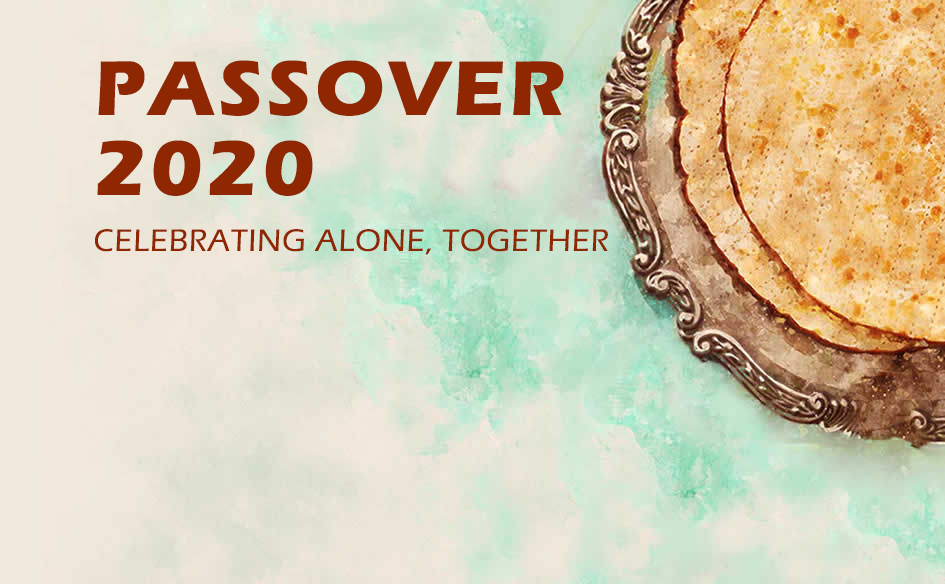Maimonides famously taught that the true penitent is one who finds him or herself with the opportunity to commit the same transgression they did in their past, without fear of being caught or punished, yet refrains from doing so. Our biblical ancestor Judah embodies this teaching in our weekly parashah, Vayigash.
In one of the longest and most heroic speeches in the Torah, Judah sacrifices himself for the sake of his father Jacob and his younger brother Benjamin. Decades after his complicity in selling Joseph into slavery, Judah is a changed man. He has suffered enormously, losing two sons. He has also transgressed—and publicly acknowledged his failings. Judah transforms his personal pain and shortcomings into profound spiritual growth. As Rabbi Elyse Goldstein notes: “This is the measure of Judah's greatness: his tragedy becomes the soil for empathy, compassion, forgiveness, and self-sacrifice. He was the one to step forward when the hour demanded it because he was the one who knew that to redeem himself out of his own past mistakes and accumulated grief, he had to extend himself for the redemption of others.”
The Rabbis refer to Joseph as HaTzadik, “the righteous one.” He is a powerful and important figure in our tradition. But his almost too-pious righteousness renders him a little remote and distant. It is hard to relate to, and engage with, Joseph. Most of us connect more easily with Judah, the deeply-flawed man who wrestles with his moral choices and grows from his struggles. The midrash recognizes his greatness by pointing out that his name, Yehudah, contains all four letters of God’s Name, (yud-hey-vav-hey)—and is the origin of our collective name, yehudim, Jews. Judah is also the progenitor of King David and, by extension, the messiah. The messianic hope for an age of peace, justice, and compassion can only be realized if we, collectively and individually, commit ourselves to the kind of self-reflection and spiritual growth that we learn from Judah.
**********
This week’s midah/character trait is self-transformation, or repentance—in the Hebrew, teshuvah. The Hebrew term literally means “turning” or returning to our proper path, from which we all inevitably stray over time. Many of us are familiar with this midah from the month of Elul and the Days of Awe, but teshuvah is not just for the High Holy Days. As our Sages teach, the gates of prayer are sometimes open and sometimes closed, but the gate of repentance is always open. At any moment of any day, we can begin to change ourselves, to be the people we are truly called to become.
Mussar Practice for this Week
Jewish tradition points to a few important steps toward teshuvah. First, we must recognize the attitudes and behaviors that we want to change. Next, we confess our pertinent shortcomings, which creates an added layer of accountability. Finally, we desist from the behavior and make amends to those we have hurt.
This week, go through this process, looking at one area where you would like to improve.




/cdn.vox-cdn.com/uploads/chorus_image/image/60485829/1568617.jpg.0.jpg)


